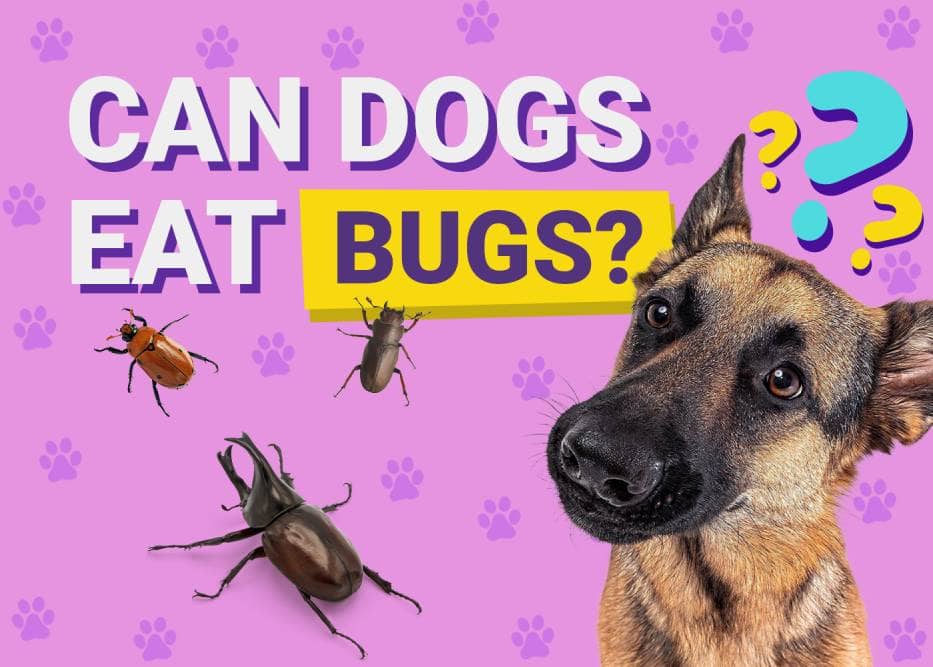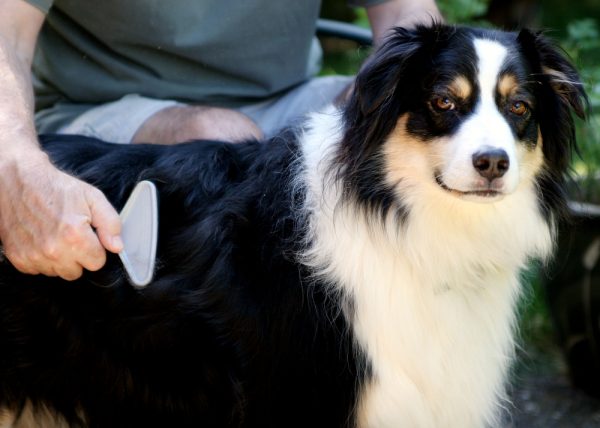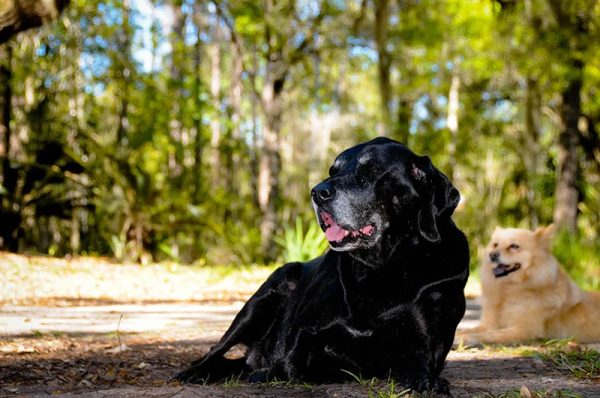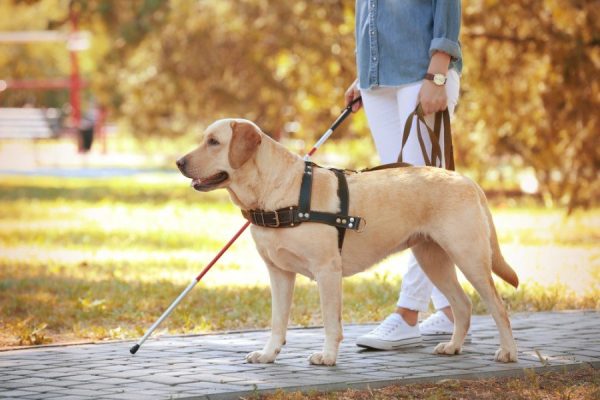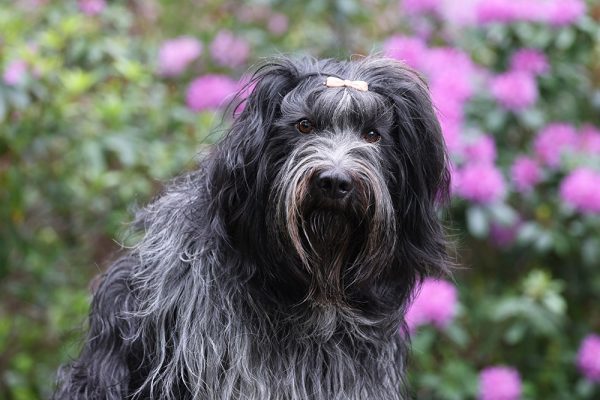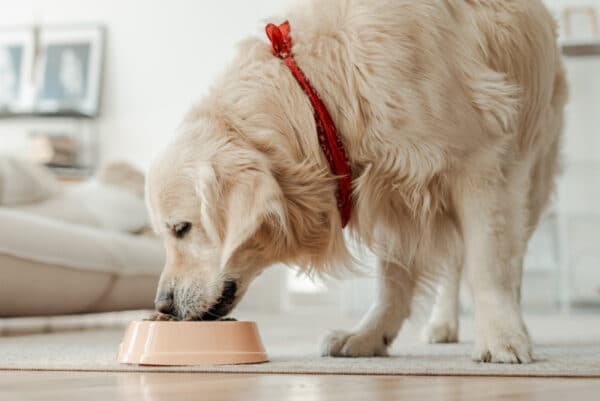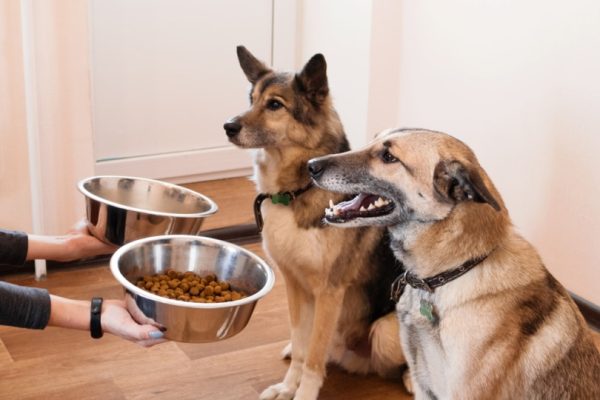Any dog owner has probably seen their dog eat a bug here and there, as dogs love to snoop and sniff outdoors. Dogs are curious beings and love to investigate the world around them, which can mean playing with a bug or chomping down on one. Some bugs are easier to catch than others, which can open up a bug buffet for your pooch. But have you ever wondered if dogs can eat bugs? Are they safe?
To dissect this question, we must first realize that there are many, many types of bugs in the world, and not all are the same. While most insects are harmless to dogs, whether eating one is safe depends on the kind of bug.
Can Dogs Eat Bugs?
It is perfectly normal for a dog to investigate a bug, and they may play with it before they decide to eat it. Of course, your dog may get a hold of a bug and eat it before you even know what type of bug they just ate, and you may not be aware of the types of bugs you have in and around your home.
For the most part, it’s safe for your dog to eat a bug now and then. Believe it or not, dogs will determine through trial and error what bugs are safe to eat and what bugs are not. For example, some bugs come armored with stingers, spines, or an atrocious taste that will automatically make a dog spit it out. Other bugs may be poisonous, which poses a greater health risk.
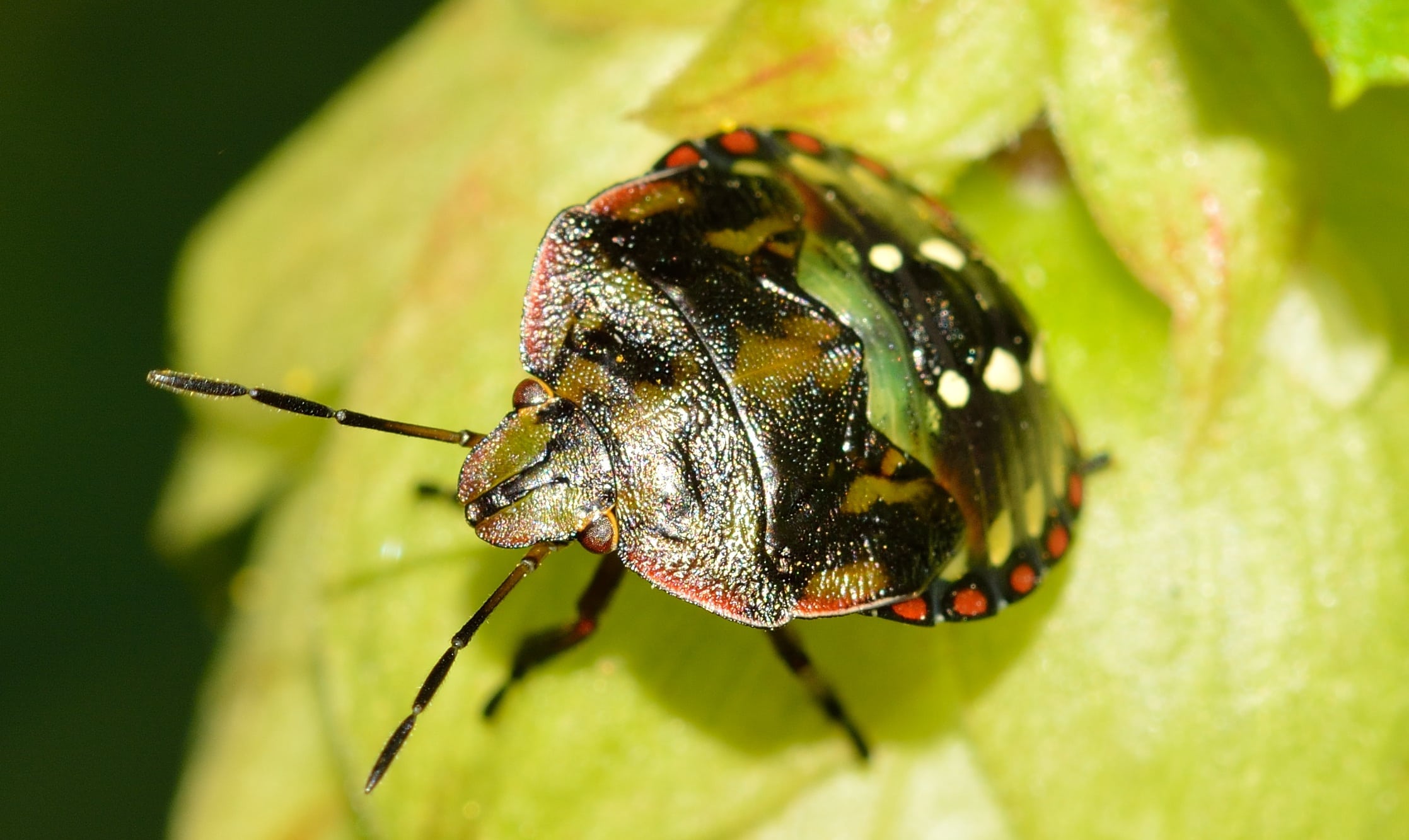
What Bugs Should Dogs Not Eat?
Most bugs are harmless for your dog to eat, with the exception of a few. Let’s investigate further.
Spiders
Most spiders are harmless, even if they may carry some sort of venom. The venom is usually deactivated during the digestive process, but your dog could suffer a bite as a last defense mechanism the unfortunate spider has, which will inject venom at the bite site.
Most spiders may be harmless, but an exception to the rule is the black widow spider and the brown recluse spider. These spiders are toxic to dogs and can cause severe signs. Contact your veterinarian ASAP if you notice any of the following signs beginning to develop.
- Tremors
- Paralysis
- Cramping
- Severe muscle pain
- Change in blood pressure
- Drooling
- Vomiting
- Lethargy
- Seizures
- Pain and itching at the bite site
- Organ dysfunction
- Death
If you need to speak with a vet but can't get to one, head over to PangoVet. It's our online service where you can talk to a vet online and get the advice you need for your pet — all at an affordable price!
Other Insects and Possible Consequences of Eating Them
There are a few other insects your dog should avoid at all costs and for various reasons. If you suspect your dog has been bitten by any of the bugs below and starts to develop signs of distress, contact your local vet immediately.
- Cockroaches: Let’s face it, cockroaches are nasty and creepy, but they’ve been around for millions and millions of years and likely always will be as long as the world turns. The problem with cockroaches is that they eat feces, which could infect your dog with worms if the cockroach was feasting on worm-infested poop before your dog made it a snack.
- Scorpions: There is only one significant venomous species of scorpion in North America, and that is the Arizona bark scorpion. This nocturnal creepy crawler is light brown and only presents mild toxicity to your dog if stung. Typical signs include drooling, itchiness, localized pain, and redness at the sting site.
- Bees and wasps: Bees and wasps can cause a localized reaction at the sting site. While mildly toxic, a sting can cause redness, itching, and swelling. Rarely, a dog may also have an allergic reaction to a bee or wasp sting, which can become an emergency.
- Mosquitoes: Mosquitos can possibly infect your dog with heartworms, as well as other diseases, with heartworms being the primary risk. Keeping your dog on monthly heartworm medication is the best defense against heartworm infection.
- The Kissing Bug: The kissing bug can transmit the parasite that causes Chagas disease, a blood parasite transmitted through a bite and can affect both people and animals. This bug is found in 29 states across the country; however, most dogs will never develop signs. Signs to watch for include lethargy, not eating, depression, low energy, swollen belly, pale or purple gums, and difficulty breathing.
- Fire ants: Fire ants, also known as red ants, are typically found in the Southeastern United States. These nuisance ants can pack a painful sting, and if stung multiple times, a severe reaction can occur, such as labored or trouble breathing, seizures, pale skin, bruising, or becoming unresponsive.
- Caterpillars: Caterpillars may be fun and interesting to watch, but it’s best to keep your dog away from them. These creatures have two types of hair: urticating and stinging. Urticating hairs are not poisonous but can cause localized itching and even dermatitis, while stinging hairs are armed with poison-secreting cells at the base. Some dogs may only exhibit mild signs, but others could suffer a severe reaction.
Tips for a Healthy Diet for Your Dog
Keeping your dog healthy starts with nutrition. Ensure you feed a complete and balanced food specifically for your dog’s breed size and age. Senior dogs have different nutritional needs as they age and should eat an age-appropriate diet. Young dogs require a diet balanced correctly for calcium and phosphorus ratios as they grow.
Your veterinarian can help you in picking suitable food for your dog. Avoid grain-free diets unless your dog has a grain allergy—the inclusion of grains is beneficial for your dog.
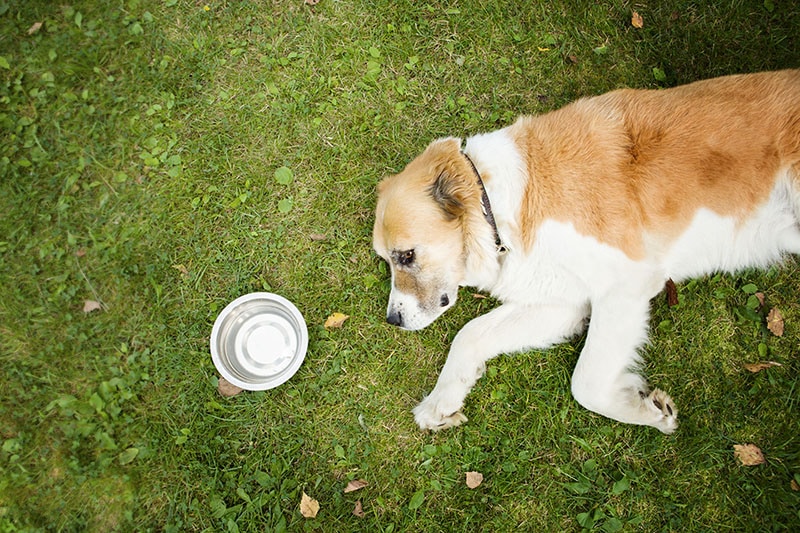

Final Thoughts
Dogs are nosey and love to investigate anything that catches their eye, with bugs being one of them. While most bugs are harmless to dogs, a few could pose a reaction or even a health problem. Knowing what bugs are safe and which ones are not will go a long way in keeping your dog safe. Keep your dog on a monthly heartworm preventative, and consult your vet if you notice severe signs of a sting or bite.
See also:
